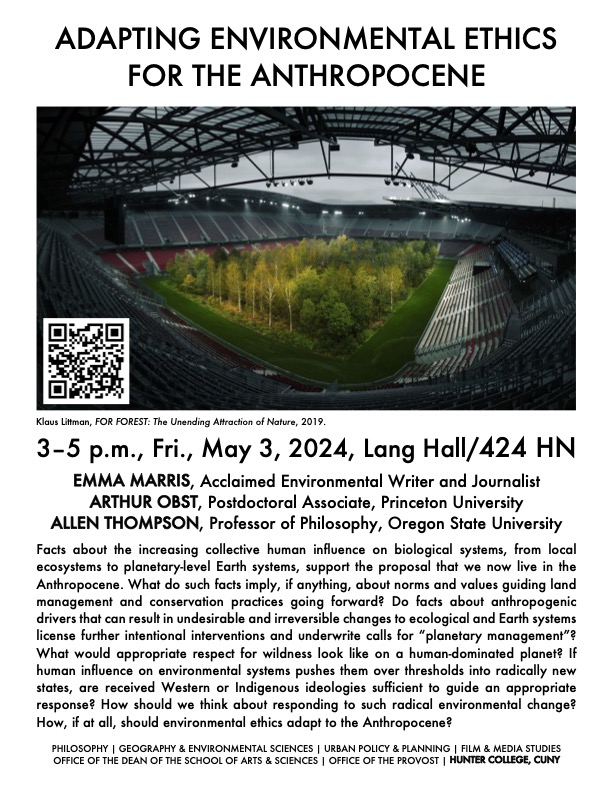Efforts to diversify philosophy, at the curricular level, often focus on increasing the content covered in a semester: i.e., making room for more women on the syllabus, making room for more non-Western texts and thinkers, etc. Similarly, efforts to diversify philosophy, at the professional level, often focus on making room for marginalized topics and/or members of under-represented groups at conferences, in anthologies, and among faculty (both in terms of demographics and research specializations). This all serves to create an antagonistic situation where marginalized voices must fight to be heard and those in the discipline must make “tough choices” about where to cede precious resources such as syllabus space, publication credits, and faculty hires. I suggest that part of the antagonism, at least in the case of Asian philosophy, arises because we are trying to fit non-European texts and thinkers into disciplinary structures that are themselves designed to accommodate a Eurocentric model for philosophy. By “disciplinary structures” I mean the philosophical canon and historical narrative as well as departmental course offerings, curricular requirements for majors and minors, classroom pedagogical practices, and academic research methodologies. Truly transformative change must take place at the structural level. In this brief talk, I consider the scope of such changes, in concrete terms, and raise questions about the effects these changes would have on the disciplinary identity of philosophy as we know it today.
With a response from:
Andrew Lambert (College of Staten Island, CUNY)
Facts about the increasing collective human influence on biological systems, from local ecosystems to planetary-level Earth systems, support the proposal that we now live in the Anthropocene. What do such facts imply, if anything, about norms and values guiding land management and conservation practices going forward? Do facts about anthropogenic drivers that can result in undesirable and irreversible changes to ecological and Earth systems license further intentional interventions and underwrite calls for “planetary management”? What would appropriate respect for wildness look like on a human-dominated planet? If human influence on environmental systems pushes them over thresholds into radically new states, are received Western or Indigenous ideologies sufficient to guide an appropriate response? How should we think about responding to such radical environmental change? How, if at all, should environmental ethics adapt to the Anthropocene?
